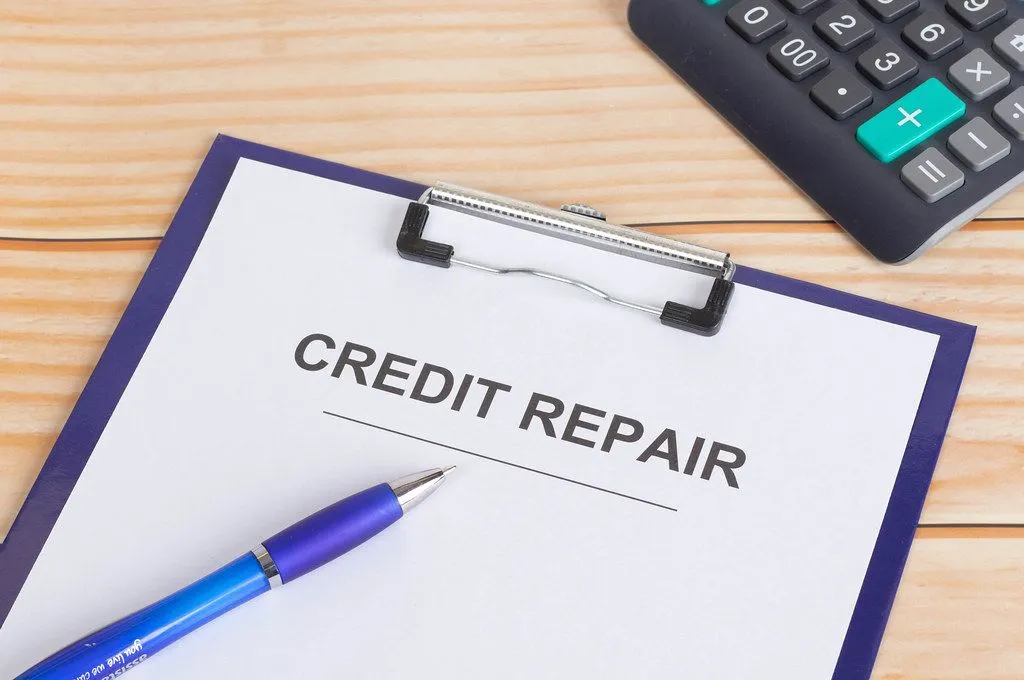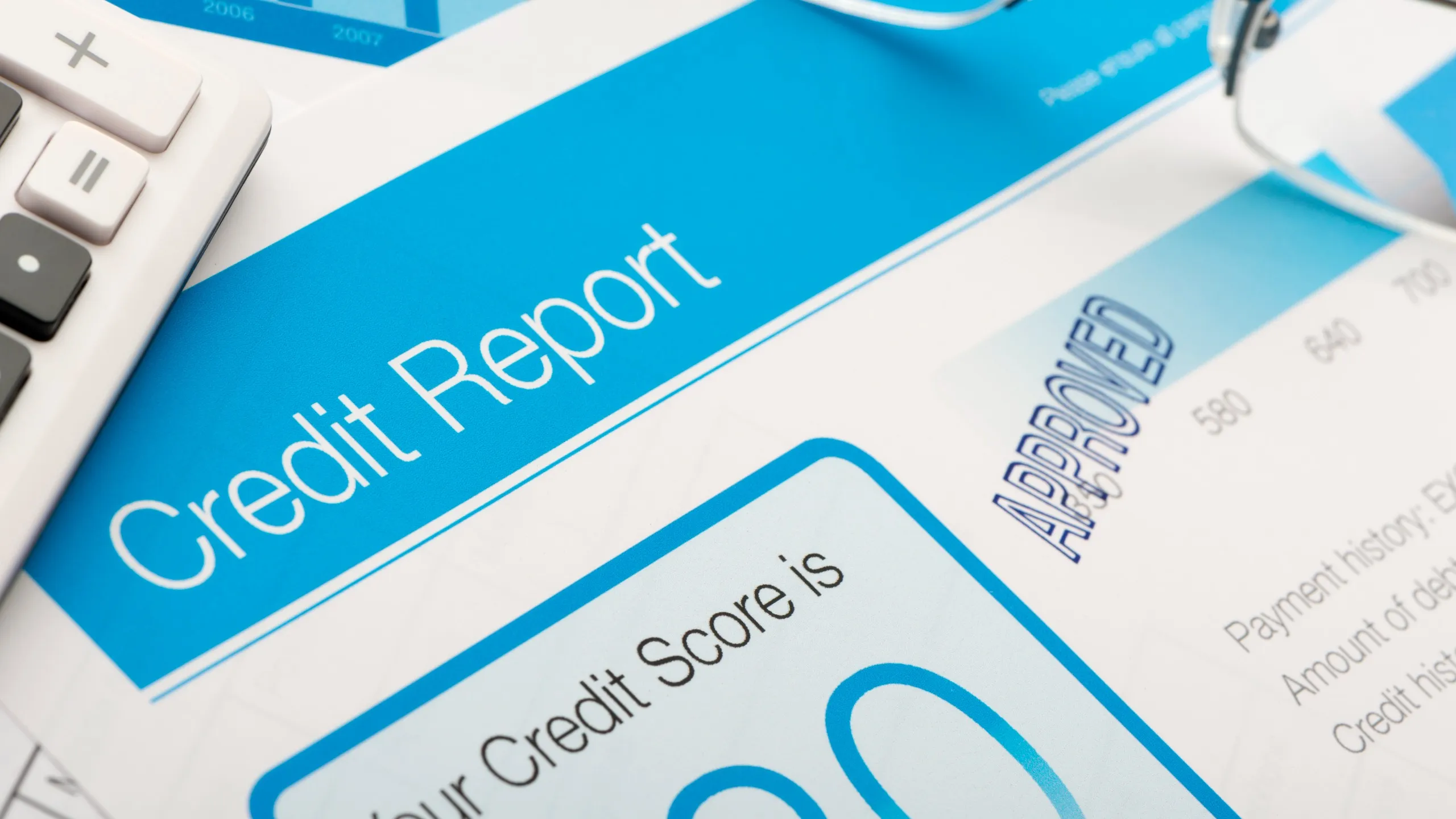Credit Repair

From CREDIT to CLOSE. We got YOU!
HOW CREDIT BUREAUS
DETERMINE MY CREDIT SCORE
The percentages in this chart show how important each of the categories is in determining your Credit score.
35 %
Payment History
01
10 %
Types of Credit (min. 3 accounts)
02
30 %
Debt Ratio
03
10 %
Number of Credit Inquiries
04
15 %
Length of Credit History
05
What is Credit Repair

How Does Credit Repair Work

Credit Repair Process
Obtaining Your Credit Report
Identifying Any Errors or Inaccuracies
Develop a Strategy
Follow Up on Disputes
Implement Plan to Build Credit
Maintain Credit
File Dispute Letters
What Benefits
Can I Expect from Credit Repair

Lower Interest
Rates

Qualify For Better Options

Approval For Higher Limits

More Negotiating Power
What is a Credit Report

Top 10 Ways To Improve Credit
Pay BILLS On Time
Pay Off Existing Debt
Don’t Apply for New Credit Cards
Lower Credit Utilization
Check Credit Regularly
Dispute Incorrect Information
Piggyback Strategy
Limit Credit Inquiries
Negotiate Debt.
Obtain Secured Credit
How Long Does It Take to Repair Credit

Things You Cant Get
with BAD CREDIT
Mortgage Loan
Personal Loans
Car Loan
Credit Cards
Apartment or House Rental
Cell Phone Contract
Student loans
Utility connection (gas, water, electricity)
Job offer
Insurance Policy
Investments
Tips for Avoiding Identity Theft
1
Monitor Your Credit: Check your credit report regularly for any suspicious activity.
2
Secure Your Personal Information: Keep your Social Security card, birth certificate, passport and financial records in a safe place and don’t reveal this information to anyone unless you absolutely have to.
3
Use Strong Passwords: Create strong and unique passwords for all of your online accounts.
4
Be Cautious When Shopping Online: Only make purchases and payments on secure, encrypted websites.
5
Shred Documents Before Disposal: Destroy old documents, receipts, and other papers that contain personal information before throwing them away.
6
Watch Out for Phishing Scams: Don’t open emails from people or companies you don’t know and don’t click on any suspicious links in those messages.
7
Invest in Identity Theft Protection: Consider using a service like LifeLock which will help monitor your identity around the clock and alert you if anything suspicious is found.
Understanding Credit Card Interest Rates

Build Reasonable Budget

What is the 50, 30, 20 Rule

Meet the Team

Client Advisor
Jahi Viel

Client Advisor
Lynn Huynh

Client Advisor
Salih Bilal

Client Advisor
Charity Ashpole

Client Advisor
Tiffany Khotsombath

Client Advisor
Jony Charlson
Verified Hatim was great. He purchased my home As is and it was a quick process. He’s very knowledgeable and an awesome person to work with. Definitely an Asset to have and utilize. I’ll recommend him to anyone looking to buy, sell or simply invest. Thanks!Verified Hatim did a fantastic job helping us to sell my aunt’s home quickly. He was incredibly efficient, kind, and made a very stressful situation go smoothly. He had all the information right at hand and having not done this before he was such a great resource to us. I would highly recommend him. We were extremely pleased with the quick outcome. Thanks Hatim!Verified Hatim was very helpful with the sale of my father's home. He was quick, professional, and easy to work with. I would definitely recommend him to others!Verified Hatim bought my house to rehab and sell (which is not an option here in “Service Provided” so I chose “consulted”). It was a truly first rate experience. Hatim saw my house, made a same day offer and closed exactly on time. He was upbeat, helpful, and negotiated a fair market price for my “as is” property. He always answered my questions promptly, communication was excellent. I look forward to working with Hatim if I buy another home in Minnesota, and I would highly recommend him to anyone looking to sell a property.Verified I'm so glad to work with him. I went through two others before I decided to go with him!!! He's honest with his options, he was very patient, no rushing, and friendly. Easy going person to get along with!!!! He even gave us the best house warming gift anyone could ask for. Thank you so much for your hard work and putting up with the pickiest person ever! My realtor is better than yours!!!!Verified Hatim is the realtor who will help you find your home and not just try to sell you the property. He is not only a fun guy to work with, but a true professional with an in-depth knowledge and experience in Real Estate. Hatim did a great job of listening to what was important to us, and then, using his in-depth knowledge of the marketplace, provided us with many good options. He offered excellent advice and suggestions. Hatim was very accessible, answered phone calls quickly and was available for showing whenever we asked, he was always on time. During the entire process we felt like we were his only clients. Hatim provided excellent services in a patient and professional way, he always put ALL the facts in front of us about the property, he was very honest. Several properties didn't work out for one reason or another however he was always patient, full of humor and helped to keep our Moral high to find a Home. He shown us every property with same energy and joy. Finally, Hatim helped us to find our Home, We are very happy and blessed with our home. His knowledge of construction, building codes, home inspections, and contract negotiations is very impressive. Most importantly he knows the market very well and will talk straight with you about the market situation. He is thorough with all of his work and patient to answer any questions. He knows the bankers and mortgage officers, appraisers, and all the people who perform their parts in the real estate transaction. Even after the transactions, Hatim is always available to answer any questions and suggestions on home improvements. I recommended him to my Boss, Colleagues and friends and would recommend him to any buyer or sellerVerified Hatim is as honest and upbeat as anyone I've ever met. He tells it like it is and worked hard to get the perfect house for me. I am extremely satisfied and I'd work with him again in a heartbeat. He is great.Verified Hatim is fabulous. I began my search in October and found my home in February and he was always there for me with advice and encouragement. I know I looked at minimum of 100 homes and I was very particular about the home I wanted and wanted within my budget. Hatim stuck with me through all of it even when I was ready to throw in the towel on the search, thinking I would not find it. But when my house finally came on the market he went to bat immediatly to make sure I didn't miss my opportunity. I got everything I wanted and in my budget. Hatim is very caring and honest looking out for his clients best interest which is sadly a very rare thing in todays business world. I highly recommend him to anyone looking to buy or sell. A great realtor and now, someone I can call a great friend too.Verified Our experience with Hatim Bilal was wonderful. He was always there to answer any questions or concerns we had and always made himself available anytime we wanted to look at a house. He is very knowledgable and he honestly does care and it shows. When I found myself getting discouraged, he kept me focused on the big picture and alway reasured me that everything was going to be ok. Now, I can say we are the proud owner's of the towhome of our dreams. Thanks to Hatim!!Verified Hatim was immediately available for me every time I wanted to see a house, he guided me through the process every step of the way, and we arrived at a price that was good for everyone involved.
